Illinois
Latest

Snap reaches $35 million settlement in Illinois privacy lawsuit over lenses
Residents of Illinois who used lenses or filters after November 2015 are entitled to a payout.

Google settles Photos facial recognition lawsuit for $100 million
Google is paying $100 million to settle a lawsuit over face data, and you can claim hundreds of dollars if you live in Illinois.

A US college is shutting down for good following a ransomware attack
Lincoln College was unable to access recruitment and fundraising systems for months.

Facebook will pay $650 million to settle facial recognition privacy lawsuit
The settlement could pay out as much as $400 per user.
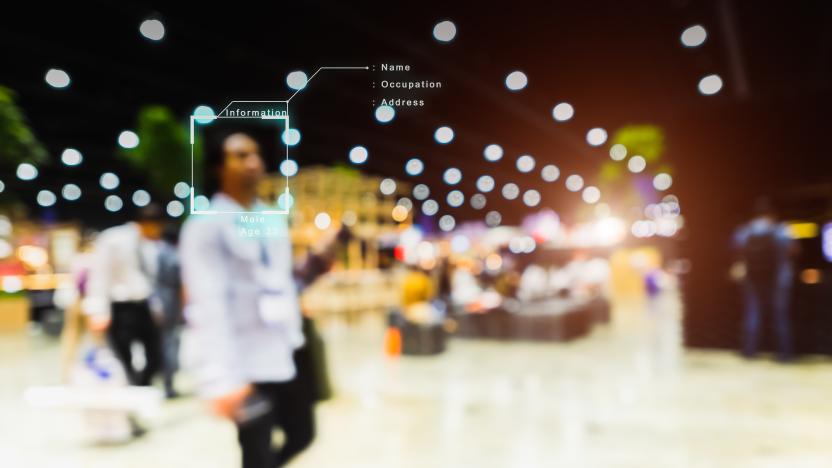
ACLU sues Clearview AI over alleged privacy violations
The ACLU has sued Clearview AI for allegedly violating Illinois privacy law through its face recognition-based surveillance technology.

Chicago will use an algorithm to clear pot convictions
California is no longer the only state using an algorithm to reverse marijuana convictions. Illinois' Cook County will now use the Code for America technology, Clear My Record, to automatically dismiss tens of thousands of eligible cannabis convictions. State's Attorney Kimberly M. Foxx and Code for America announced the partnership this week.

Illinois biometric privacy law passes a key court test
Illinois' Biometric Information Privacy Act just withstood a major challenge. The state's Supreme Court has returned a BIPA dispute back to circuit courts after rejecting claims that would have significantly limited the law's reach. Six Flags had fingerprinted a 14-year-old guest without his parents' approval, violating BIPA's requirement for obtaining consent, but had contended that it wasn't liable if the plaintiff couldn't show evidence of damages. A lower appeals court had sided with Six Flags, but the Supreme Court said this went against "accepted principles" of constructing laws.

Illinois governor vetoes bill that would stifle car sharing
Illinois Governor Bruce Rauner has vetoed a bill that stood to damage peer-to-peer car sharing companies like Turo, GetAround and Maven. The bill was passed by the state legislature in May and would have applied the same state and local taxes big rental companies like Avis or Hertz have to pay to the individuals that rent out their vehicles on the car sharing platforms. Those include a five percent tax as well as local taxes of up to 20 percent. While the bill didn't initially include such stipulations, Ars Technica reports that industry lobbyists pushed for the changes late in the process.

Facebook class action lawsuit over facial recognition OK'd by judge
Facebook has been trying to get a lawsuit claiming its facial recognition tech violates an Illinois privacy act dismissed for years. Well, that's not going to happen anytime soon, because San Francisco federal judge James Donato -- the same judge who denied Facebook's motion to dismiss in 2016 -- has just given the case the go-ahead to proceed as a class action lawsuit. "Plaintiffs' claims are sufficiently cohesive to allow for a fair and efficient resolution on a class basis," he wrote in his ruling.
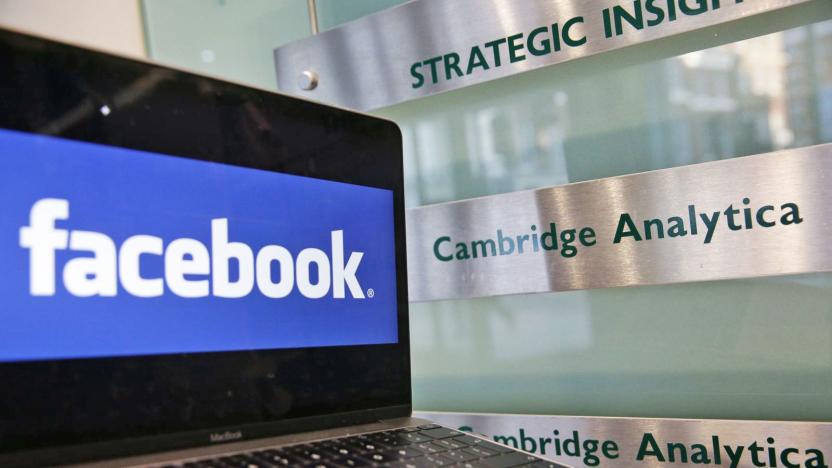
Facebook and Cambridge Analytica hit with first state lawsuit
Facebook and Cambridge Analytica are already dealing with numerous private lawsuits over non-consensual data sharing, but they now have to grapple with a state-level lawsuit. Illinois' Cook County has filed a lawsuit against both companies accusing them of violating the state's Consumer Fraud and Deceptive Business Practices Act. Cambridge Analytica allegedly broke the law by misrepresenting its "thisisyourdigitallife" app as an academic research tool when it was really meant to harvest personal data against Facebook's agreements. Facebook, meanwhile, was accused of falsely promising to protect user data and doing nothing to stop Cambridge Analytica for years after learning of its behavior.

Can legislation fix gaming's loot box problem?
Last year's gaming controversy has turned into this year's legislative battleground. Fans were outraged when Star Wars: Battlefront II launched with buyable loot boxes that unbalanced multiplayer combat, and other games like Need For Speed: Payback and Destiny 2 had their own pay-to-win controversies. Eventually, loot boxes unsettled enough constituents to rile their representatives. Legislators in Hawaii, Washington and Illinois have introduced bills to either study loot boxes or restrict access to young players, but how effective will they be? What else can lawmakers do?

Two states say the DHS is wrong about election hacking
Just a few days ago, the Department of Homeland Security (DHS) finally revealed which states were targets of Russian election hacking attempts after having known itself for nearly a year. But Reuters reports that two states are saying the DHS is wrong and their election systems weren't targeted.

Uber offers insurance to US drivers, but only in certain states (updated)
Uber is once again blurring the lines between independent contractor and employee. This time the ride-hailing service is offering insurance to its drivers as part of a pilot program in Arizona, Delaware, Illinois, Oklahoma, Pennsylvania, South Carolina and West Virginia according to regional publication PennLive. The injury-protection insurance is only active when a driver is logged into the app at the cost of $0.0375 per-mile. In at least a few of those markets, that will raise the per-mile price for passengers by $0.05. So, it seems the rates going up are to ensure that nothing comes out of the driver's pocket. Uber says that the increase was determined by how much the insurance would cost after taxes and fees.

Big Ten Network adds 'League of Legends' to its tournament lineup
The Big Ten Network announced on Thursday that it's adding a less conventional sport to its conference title coverage. Now, in addition to everything from baseball and basketball to football and field hockey, subscribers will be able to see their favorite schools compete against one another in League of Legends. Yeah, the video game.

Foreign hackers attacked two state election systems, FBI warns
Hackers outside of the United States attacked two state election databases in recent months and the FBI is warning voting officials across the country to bulk up security and investigate their own systems for similar malicious activity, Yahoo News reports. The twin hacks were outed in a "flash" alert from the FBI's Cyber Division. The alert does not say which states were targeted, though Yahoo reports that it likely refers to attacks in Arizona and Illinois.
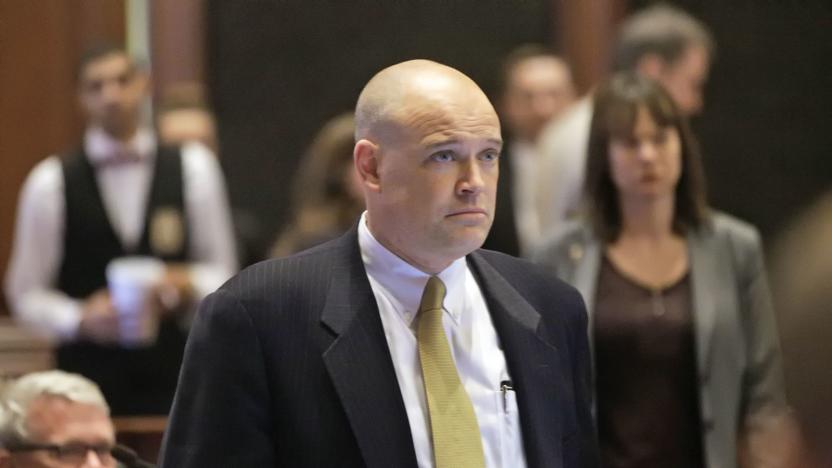
Illinois politician resigns after fighting social network fakes
Politicians tend to quit over scandals or sheer public outcry, but fake social networking accounts? That's new. Illinois House representative Ron Sandack has resigned after spending weeks battling with "cyber security issues" -- namely, people creating multiple impersonating Facebook and Twitter accounts. The fight made him "re-evaluate" his role in office and whether or not it was worth missing "important family events" to be there, he says.
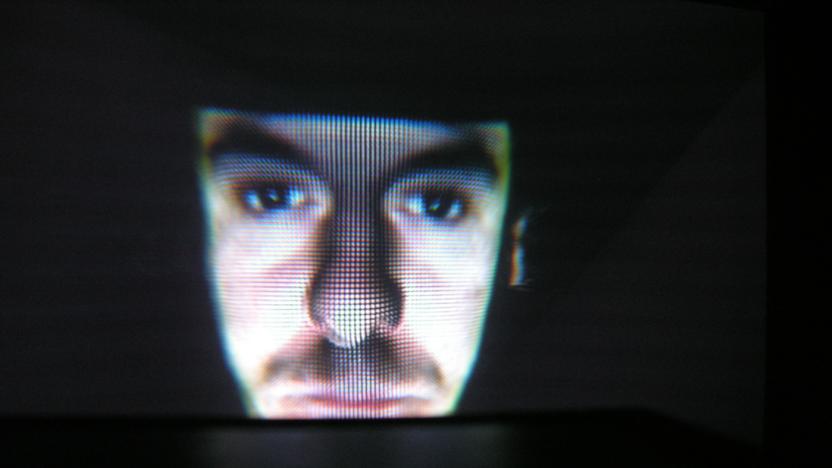
Senator behind biometric privacy act tries to remove its teeth
The Illinois Biometric Privacy Act became law in 2008, making it illegal in the state to capture a person's biometric identifiers -- things like fingerprints, iris scans or faceprints -- without explicit consent. This has led to three lawsuits against Facebook, Google and Snapchat, each over the companies' use of face-scanning or -tagging technology. Now, Illinois State Senator Terry Link is attempting to add language to the bill that would make these practices legal in the state, effectively ending the lawsuits, The Verge reports. Note that Link is the senator who originally introduced the Illinois Biometric Privacy Act.
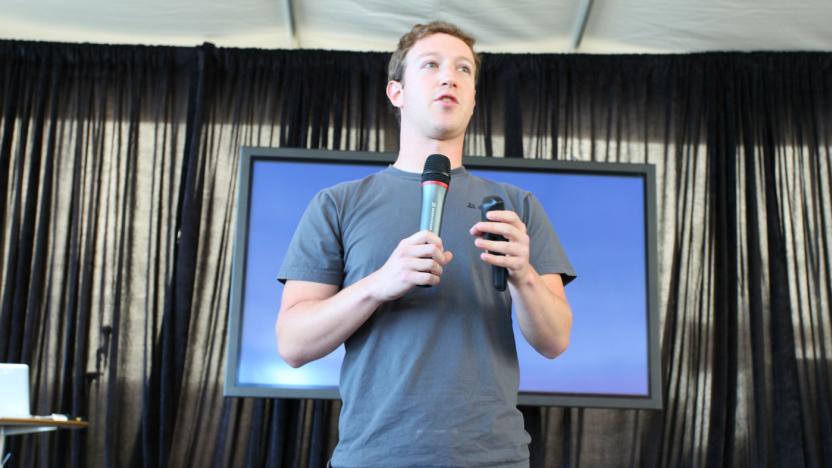
Facebook can't stop lawsuit over its facial recognition software
Facebook will have to battle it out in court over a lawsuit that claims the social network's facial recognition software violates an Illinois privacy act. This week, a San Fransisco federal judge denied Facebook's motion to dismiss the case. The suit alleges that Facebook's facial recognition and photo-tagging system violates Illinois' 2008 Biometric Information Privacy Act, which states that companies must receive explicit consent to collect identifiers including fingerprints and, in this case, faceprints.

DraftKings and FanDuel sue to keep operating in Illinois
Online fantasy sports sites DraftKings and FanDuel are striking back at Illinois Attorney General Lisa Madigan who asked that the sites (and similar services) be banned in the state because she believed they were unregulated illegal gambling. Both companies retaliated by suing in separate courts to continue operating in the state.

Illinois AG also thinks daily fantasy is gambling
DraftKings and FanDuel are already fighting to keep their doors open in New York City, and now Chicago is also at risk. Today Illinois Attorney General Lisa Madigan informed state representatives that in her opinion, daily fantasy sports games are unregulated illegal gambling. She did not go as far as the New York AG and attempt to ban their operations (yet), but she did send both companies letters saying they would need to tell IL players they are no longer eligible. Unless new legislation (currently under consideration) is passed, the two could find themselves permanently locked out of one of the United States' largest cities. In a statement, FanDuel claimed the AG's opinion banned all fantasy sports, and said it hopes the legislature brings them back. You can read the complete statement below.












